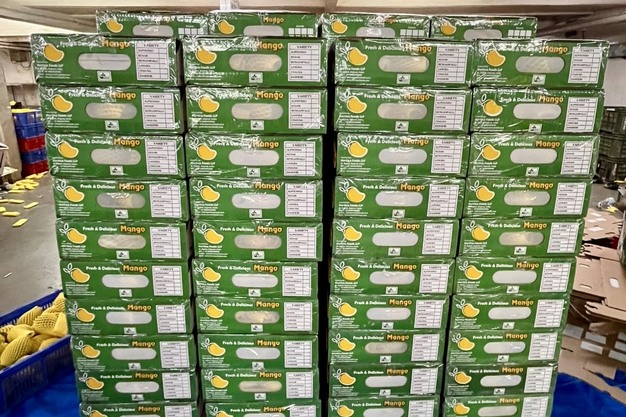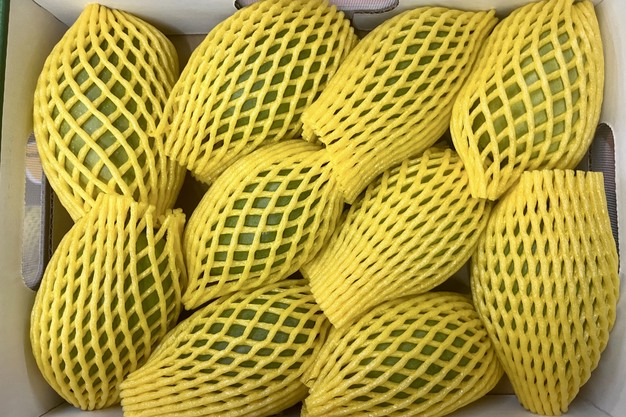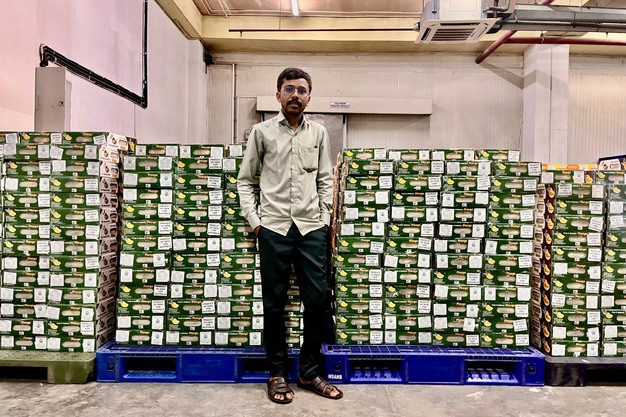This mango export season was a rough one for Chetan Mendapara, Director of Hortica Foods LLP, running his father’s 40-year-old Kesar mango farm at Junagadh, Gujarat, in India. With the season wrapped up, Mendapara, who made his family’s domestic mango trade go global in 2023, faced low yields, bad weather, high U.S. tariffs, and freight costs. “Tariffs slashed our U.S. mango sales,” Medapara says, pointing to a 10% duty that hit demand hard.

It started with production taking a big hit due to climate issues negatively affecting flowering. “We have been witnessing climate influences at the flowering stage every year. But this year, particularly, saw poor flowering, cutting our yields to a three-year low,” Mendapara explains. While his farm struggled with temperature swings between day and night in December, unseasonal rain in the peak season of May made things worse, damaging mangoes and causing more rejections overseas. “We had to buy an extra 200 kg per consignment to meet orders, making us face a dual shock of raised costs and lowered sales prices due to poor quality,” he adds while citing that supply from Ratnagiri and Kutch regions had similar weather issues.

The USA, Mendapara’s biggest market, got tougher with the 10% import tariff imposed just four days after the Kesar season began. “The tariff added $4–5 per box, so we cut our margins to keep buyers, which hurt profits. Higher mango prices were passed on to end-consumers in the U.S., which slowed down consumption and impacted export volumes. Freight costs also make matters worse with rate spikes just when mango demand peaks,” Mendapara mentions. Shipping from Ahmedabad airport, his team juggled quality checks and rising costs to keep exports solid.

On the brighter side, Kesar mangoes did better than Alphonso, a variety that his farm solely focuses on. “Alphonso is prone to spongy tissue problems and has a shorter shelf life of 10 to 12 days compared to Kesar’s 12 to 15 days,” he adds while stating that Kesar kept demand steady in the U.S., UK, Canada, Australia, and Netherlands, shipped via multiple tie-ups with Farmer Producer Organizations or FPOs.
Looking back, Mendapara sees some wins despite the mess. “The durability of Indian mangoes, including GI-tagged varieties like Gir’s Kesar, Ratnagiri’s Alphonso, Andhra Pradesh’s Banganapally, as well as Kutch’s Kesar variety, kept us competitive despite setbacks with demand holding up,” he concludes. He is aiming for 200 tonnes next season, betting on better weather, friendly tariffs, and planned cost-control to bounce back.
For more information:
Chetan Medapara
Hortica Foods LLP
Tel: +91 96 62 593 565
Email: [email protected]
www.themangomart.in
Source: The Plantations International Agroforestry Group of Companies
